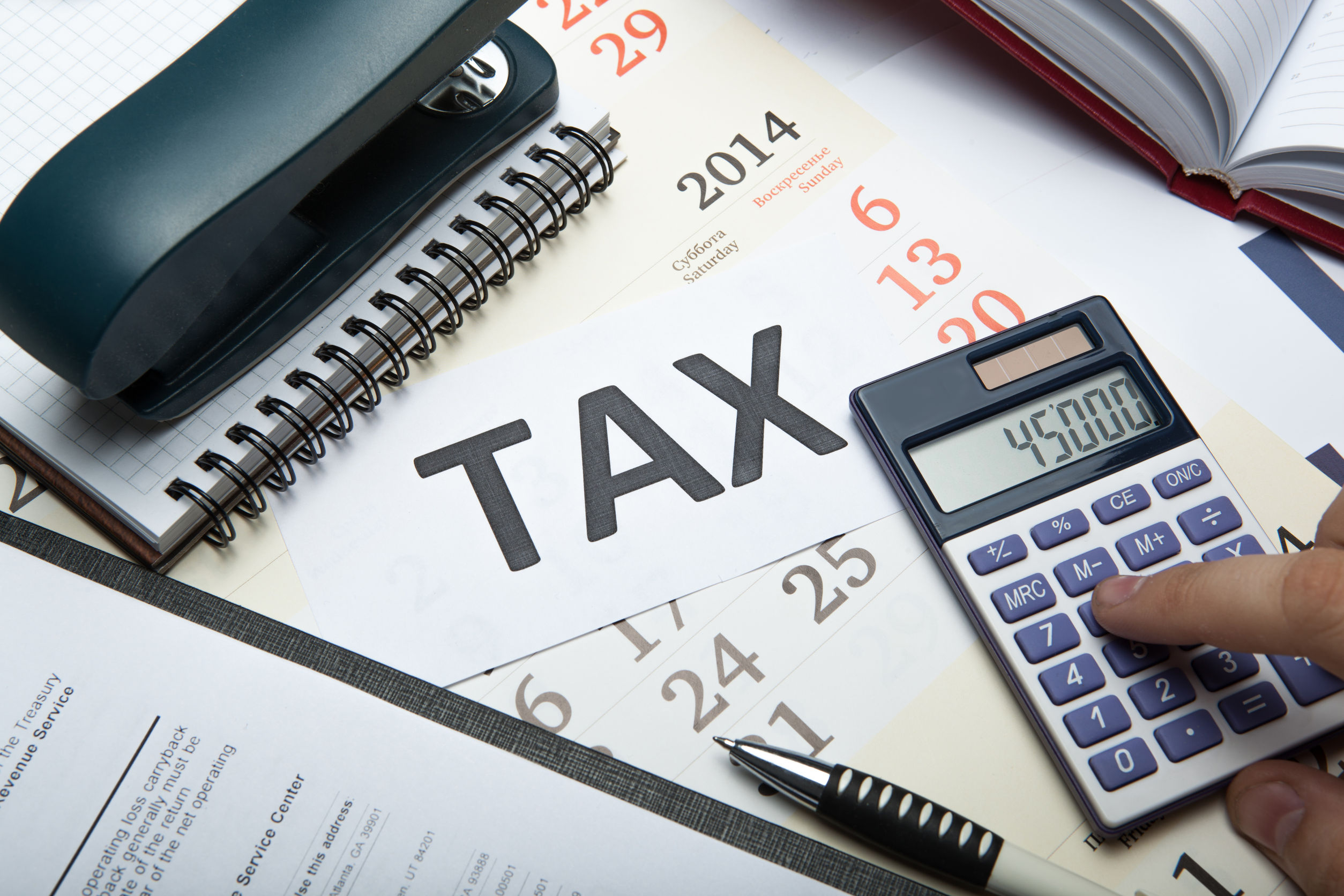Nigerian salary earners are in for a major win: the Tax Reform Bill 2024, awaiting President Tinubu’s assent, will exempt minimum-wage earners from PAYE entirely and significantly reduce tax burdens for most workers. According to Punch News.
Changes for Salary Earners
Tax-Free Threshold Raised
Annual income up to ₦800,000 (or ₦1 million including ₦200,000 rent relief) will attract 0% PAYE.
This benefits most low-income earners, especially given the new minimum wage of ₦70,000/month.
Rent Relief Introduced
Rent expenses up to ₦200,000 annually (or 20% of rent, whichever is lower) are deductible, further reducing taxable income.
Simplified Tax Bands & Lower Rates
The new PAYE structure uses progressive brackets (15%, 18%, 21%, 23%, and 25% for the highest earners) instead of the old six-tier system. According to Nairametrics.
Those earning ₦1.7 million/month or below will pay less tax than before, while ultra-high earners will be taxed progressively up to 25%.
Here’s a tweet:
BREAKING: Tinubu signs the Tax Reform Bills in to law.
Here is what the new development means for Nigeria and Nigerians:
-Federal Inland Reveneu Service (FIRS) will now become Nigeria Revenue Service (NRS)
-The Nigeria Revenue Service (NRS) will now collect revenues… pic.twitter.com/B8twNT0lfo
— MS Ingawa (@MSIngawa) June 26, 2025
Winners & Losers
Winners:
Minimum wage earners pay zero PAYE.
About 90–98% of workers enjoy a lower tax burden, including self-employed individuals.
Impacted:
Salary earners making above ₦50 million annually will now pay 25% on income above that threshold, higher than before.

How It Affects Take-Home Pay
A minimum-wage earner (₦70,000/month) currently pays ₦3,300 monthly PAYE. Under the new law, that drops to zero.
Someone earning ₦250,000/month will pay slightly less than before.
High-income earners benefit from a streamlined relief scheme and better-defined allowances but pay more tax on higher earnings.
Read Also: VeryDarkMan Is Not Backing Down. Here’s Why Everyone’s Talking
Other Reforms in the Tax Bill
Zero-rated VAT on essentials: food, health, education, and rent/public transport—reducing cost-of-living pressures.
Creation of a single Nigeria Revenue Service (NRS) for efficient tax collection.
Digitized tax administration, with better compliance and simplified processes.
What You Should Do Now
-
Review your payroll. Ensure HR updates your PAYE deductions accordingly once the law is enacted.
-
Claim rent relief: Keep rent receipts to maximize deductions.
-
Prepare for higher taxes if you’re a high earner: Factor the 25% top rate into your financial planning.
-
Stay compliant: Familiarize yourself with any new digital filing or withholding processes.
Read Also: INEC Sets August 16 By-Election Date for Oyo, Ogun, Kaduna, and Nine Others
Final Takeaway
The Tax Reform Bill is a significant win for Nigerian workers, especially those on low to middle incomes. By eliminating PAYE for minimum-wage earners and simplifying tax bands, it offers much-needed relief. At the same time, it introduces a fairer, more progressive system aimed at boosting revenue while protecting the vulnerable. It’s a bold step toward a more equitable Nigeria.